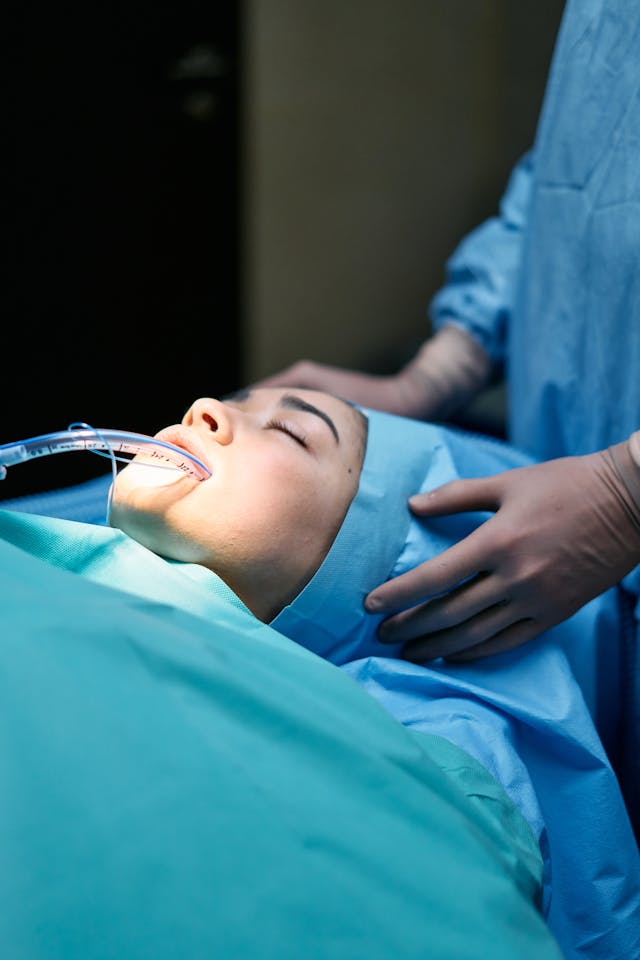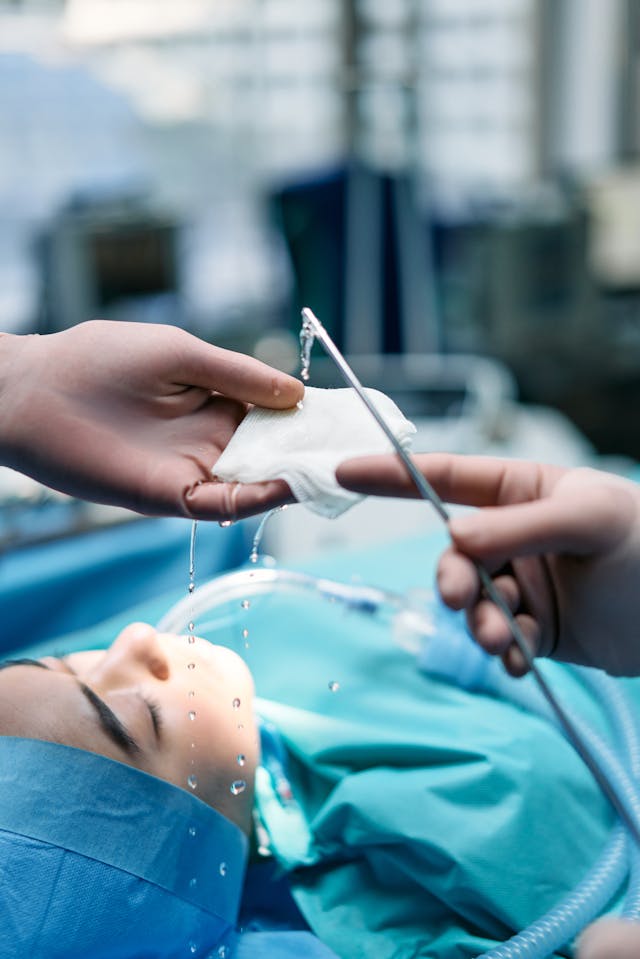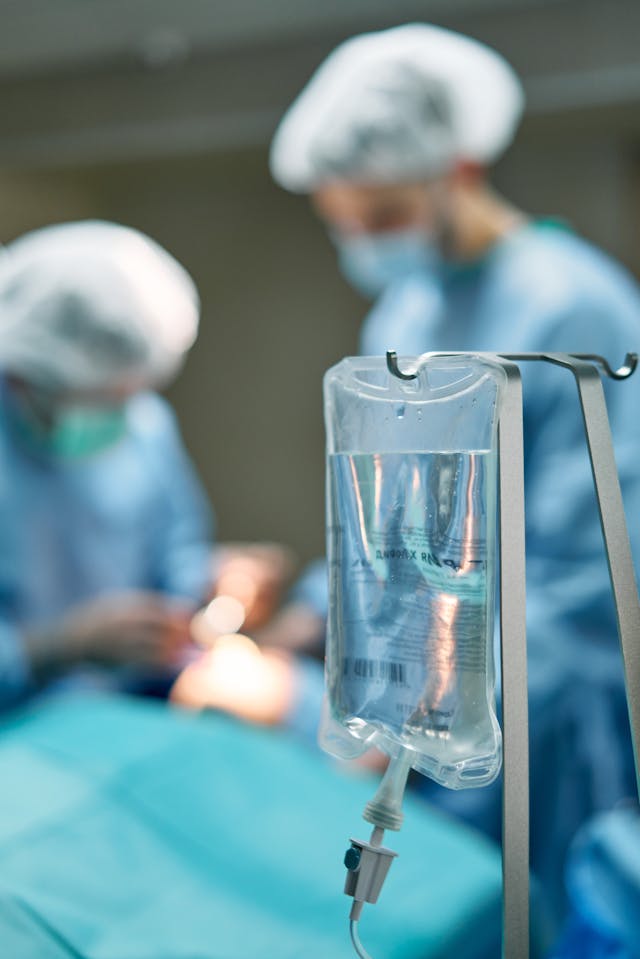General Anesthesia Dental Implants
During a dental surgery, you can benefit from a procedure that allows the operation to be performed under general anesthesia or under sedation. This latter procedure, which is more gentle, allows you to be treated in outpatient care (You can go home or to the hotel the same evening without the need to stay in the dental clinic.) Most patients receiving implantology treatment ask to be put asleep which took place in a few minutes.
Pain-free dental treatment
Pain management takes an important part in modern dentistry. Many patients are traumatized by their visit to the dentist. We know that before the 90s dentist rhymes with pain. Some dentists even believe that ‘it was a bad thing for a good because it made it possible to detect possible problems. Fortunately, those times are over. Pain management at the dentist also allows operating in better conditions. The installation of dental implants is an act that requires high precision. General anesthesia or sedation thus avoids the risk of inappropriate movements.

No, general anesthesia or sedation are administered by an anesthetist. It is he who administers the drugs intravenously and controls the patient’s constants in order to deliver an appropriate dose of anesthesia. Sufficient to put the patient to sleep so that he will not feel any pain and have no awareness of the dental surgery taking place around him.

Although you are asleep, the dentist will administer local anesthesia. Your body continues to respond to pain. Without local anesthesia, you could move around and experience post-operative pain. You may be given two types of local anesthesia – with or without adrenaline. The choice of anesthesia type depends on medical factors such as your cardiovascular situation.

After placing your dental implants, pain may still occur for 3 hours. In order to reduce or even avoid the pain resulting from the dental operation, it is our anesthetist who will prescribe you medication. The goal is to reduce the risk of pain after the placement of dental implants. Anti-inflammatory drugs and antibiotics will also be prescribed to you (they will help reduce swelling, bruises, and bruises and prevent infections).
Placing a (traditional) dental implant? Although for both types of implantology it is a part...
Immediate dental implant: The meaning The protocol in basal implantology consists of placing the implants...
Dental implant procedure 1st step: Placement of the dental implant Although for both types of...